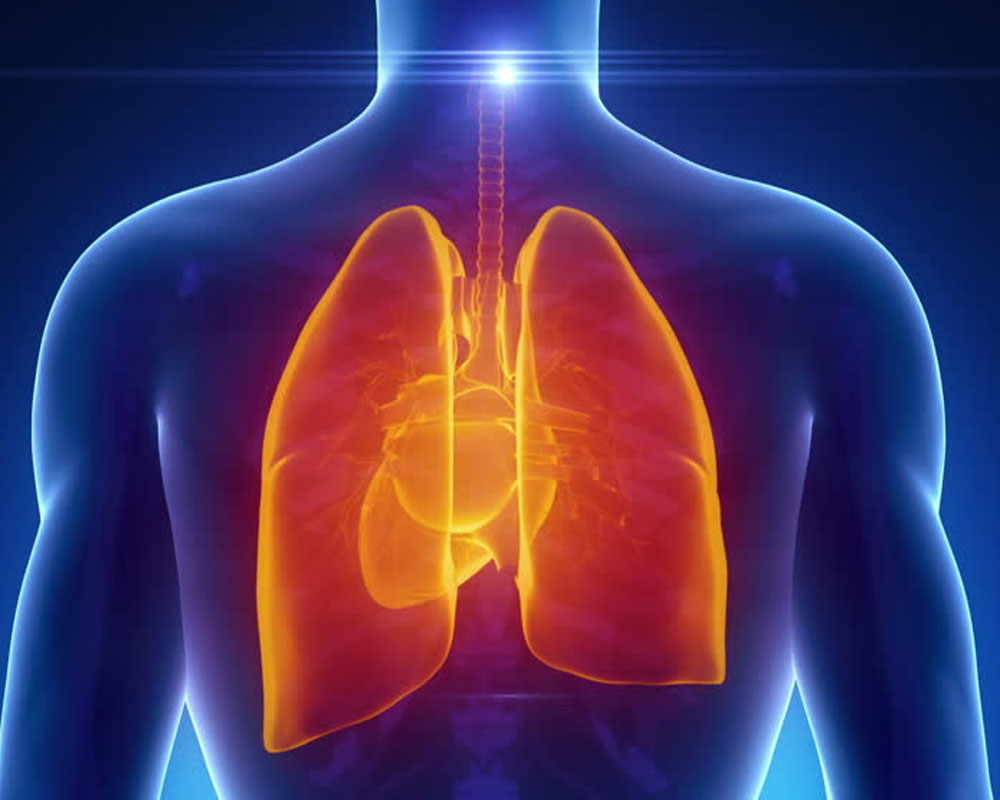Scientists say they have developed a novel machine learning model to classify different types of lung cancer, and found that it performed on par with three practicing pathologists.
Machine learning is an application of artificial intelligence (AI) that provides systems the ability to automatically learn and improve from experience without being explicitly programmed.
Machine learning has improved dramatically in recent years and shown great promise in the field of medical image analysis, said researchers from Dartmouth–Hitchcock Medical Center (DHMC) in the US.
They utilised machine learning capabilities to assist with the challenging task of grading tumour patterns and subtypes of lung adenocarcinoma, the most common form of the leading cause of cancer-related deaths worldwide.
Currently, lung adenocarcinoma, requires pathologist's visual examination of lobectomy slides to determine the tumour patterns and subtypes, according to the study published in the journal Scientific Reports.
A lobectomy is a type of lung cancer surgery in which one lobe of a lung is removed.
This classification has an important role in prognosis and determination of treatment for lung cancer, however is a difficult and subjective task.
"Our study demonstrates that machine learning can achieve high performance on a challenging image classification task and has the potential to be an asset to lung cancer management," said Saeed Hassanpour, who led the study.
"Clinical implementation of our system would be able to assist pathologists for accurate classification of lung cancer subtypes, which is critical for prognosis and treatment," he said in a statement.
Using recent advances in machine learning, the team developed a deep neural network to classify different types of lung adenocarcinoma on histopathology slides, and found that the model performed on par with three practicing pathologists.
Recognising that the approach is potentially applicable to other histopathology image analysis tasks, the researchers made their code publicly available to promote new research and collaborations in this domain.
In addition to testing the deep learning model in a clinical setting to validate its ability to improve lung cancer classification, the team plans to apply the method to other challenging histopathology image analysis tasks in breast, esophageal, and colorectal cancer.
"If validated through clinical trials, our neural network model can potentially be implemented in clinical practice to assist pathologists," said Hassanpour.
"Our machine learning method is also fast and can process a slide in less than one minute, so it could help triage patients before examination by physicians and potentially greatly assist pathologists in the visual examination of slides," he said.


























